Frostpunk quarrel
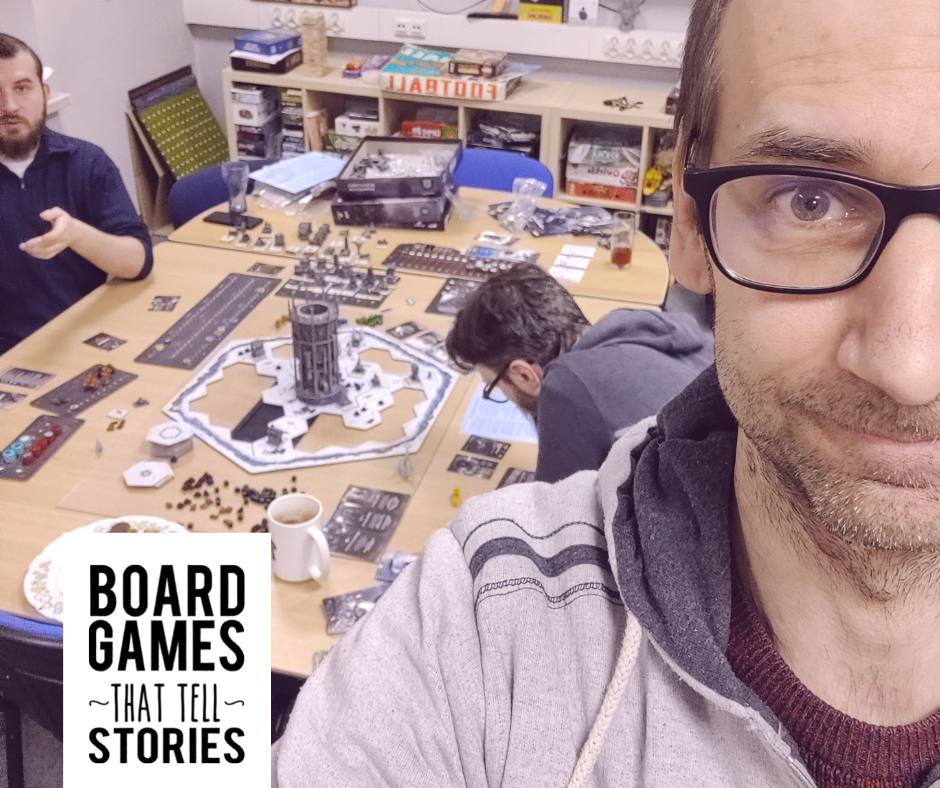
Those guys couldn’t agree for the life of them, and it’s strange because the matter was simple, basically, no room for disagreement – one of them bought Frostpunk, they played it, and instead of rating the game on BGG and giving a clear message to the world whether the game is good or bad, they started arguing. Absurd.
Steve: First of all, the game looks AMAZING. The so-called table presence is at the highest level here, large beautifully illustrated cards, huge tiles of terrain, a lot of large, double-layered boards, and of course, the tower – a gigantic model of a generator, into which we will throw coal cubes and check whether the generator has burned out. You look at the table with Frostpunk spread out, and you’re blown away. It’s brilliant.
John: Well, yeah, you need a shovel to set it up on the table. The game has an absurd amount of components. They could have thrown in a wheelbarrow as well. The game setup alone takes about half an hour. I don’t even want to think about it. Not to mention the size of the table. If you don’t have a tennis size table at home, don’t even come close to playing Frostpunk. This is a textbook example of an overproduced game – a game in which there is too much of everything, a lot of decks, tokens, man, the Frostpunk setup takes up 14 pages in the manual. What are we even talking about? It’s a joke.
Steve: This is the price you pay for an epic gameplay experience. Frostpunk manages to include a lot of great, well-designed mechanics. There’s the generator mechanic that we have to fuel with coal, but it can explode. The powered generator distributes heat – depending on what type and where you build your buildings, they will be heated or not. This leads to rules for illness and weakness – if your people work in unheated buildings, they get sick. This, in turn, leads to a board and a track of illness – when you reach dangerous areas, people will start dying on you…
John: I agree that the mechanics capture the theme of the game well, and that the individual elements blend together nicely, but…
Steve: But?!
John: But everything boils down to one thing – no matter what you do, people will get sick and die and you will lose. There is nothing positive in this game. People die from the cold. People die from hunger. People die from lack of homes. People die from lack of hope. It’s 36 pages of instructions telling you how you can lose. This is the most depressing game I have ever played. During this three-hour gameplay, nothing, absolutely nothing positive happened. Every turn is people dying in different ways.
Steve: It’s because Adam Kwapiński, the game designer, managed to capture the hopeless situation of the settlement we live in. It’s stunning how we have to fight for every coal bag, every warm meal, how he balanced this game – in every turn we feel like it’s the end, that we lost, that it’s the last turn, and then somehow we manage to find a solution, use some building, maybe introduce some law, maybe use the abilities of some inhabitant, and crawl, literally crawl, to the next turn, it’s brilliant. It’s world-class how this game holds us in its grip, how ruthlessly it suffocates us, but still keeps us alive.
John: Oh no, you’ve convinced me. If I hadn’t already played Frostpunk, I would literally jump on the board to play immediately.
Steve: I sense irony.
John: Frostpunk is an absurdly complex simulation of dying from cold, pretending that players have any chance or choice. Look at these decks. At the beginning of each round, we draw a Morning card – a random event that tells us what happened overnight. Then we have three options to choose from. Depending on what we choose, we add a different event card to the Dusk deck. There will be consequences. But I don’t know what I’m adding. The game says – make a choice, and I ask – okay, but what will the consequences be? And the game says – “Surprise!” That’s not a choice!
Steve: You’re exaggerating.
John: No. It’s the same with laws. You introduce a law and add a random event card associated with that law to the Dusk deck. But you don’t know what will happen. Will there be a rebellion, will people die from overwork? You make decisions, but you don’t know the answer to a simple question – what will be the result of these decisions.
Steve: You’re exaggerating. First of all, you can guess what will happen. Secondly, it’s realistic – do you have a private fortune teller who whispers to you every day what will happen if you don’t come to work or don’t drink coffee, or…?
John: I’m just saying that these cards are very thematic and build up the story, but it’s an illusion to believe that we have a real decision. You don’t know the consequences, so your choice is random.
Steve: I love these decks. Besides, the whole Frostpunk is brilliantly designed – something interesting and unexpected happens at every stage. In the morning phase, we draw an Event card. In the generator phase, we add dice to the generator and see if it explodes. In the weather phase, we draw weather cards and check not only how much the temperature has dropped, but also how our scout expedition is progressing. Literally, we are waiting for each phase because something interesting happens in each one.
John: Yes, ten phases, and in each one, we can die in a different way.
Steve: You don’t like this game, do you?
John: Frostpunk is a game of absurdly gigantic proportions, full of fluff that adds nothing except some atmosphere, a game in which every rule tries to kill you, a game that lasts well over 3 hours, and in the end, you still lose… In that time, I could play three other board games and have more fun. A 3 on BGG is the maximum we can give it.
Steve: You’re crazy. Frostpunk is a strong 8, although I’m considering upgrading it to a 9 for its scenario book. Mega theme, awesome execution, mechanics that are perfectly in line with the theme, a multitude of choices, dozens of buildings, rules for heating, man, this is one of the best cooperative games released in recent years!
And the guys kept arguing and convincing each other, with one rating it a 3 and the other a 9, but the truth is that no game is bad or good, no game is a 9 or a 3. With games, it’s all about your personal taste and what you look for in gaming.
If the game is not something you look for in gaming, it doesn’t mean the game is bad. It just means that the game is not you. It’s never about the games. It always is about you.
P.S. And if you ask Ignacy and his taste – Frostpunk is in his taste. Very much so.
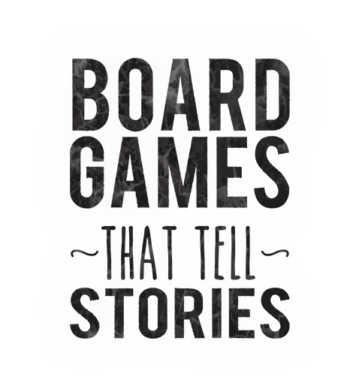
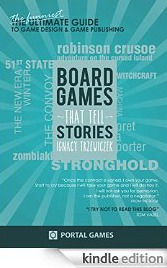
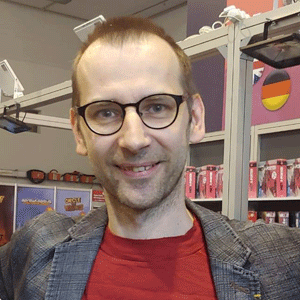 I strongly believe that good board game is the one that tells a good story. You play it and suddenly you are sucked into it, you feel chills on the skin. Emotions grow. In a moment you defend castle. You hear roar of warriors. You smell boiling oil. You are into it.
That's how I design my games. I always want to tell a good story. I want players to be into it. As deep as possible.
I strongly believe that good board game is the one that tells a good story. You play it and suddenly you are sucked into it, you feel chills on the skin. Emotions grow. In a moment you defend castle. You hear roar of warriors. You smell boiling oil. You are into it.
That's how I design my games. I always want to tell a good story. I want players to be into it. As deep as possible.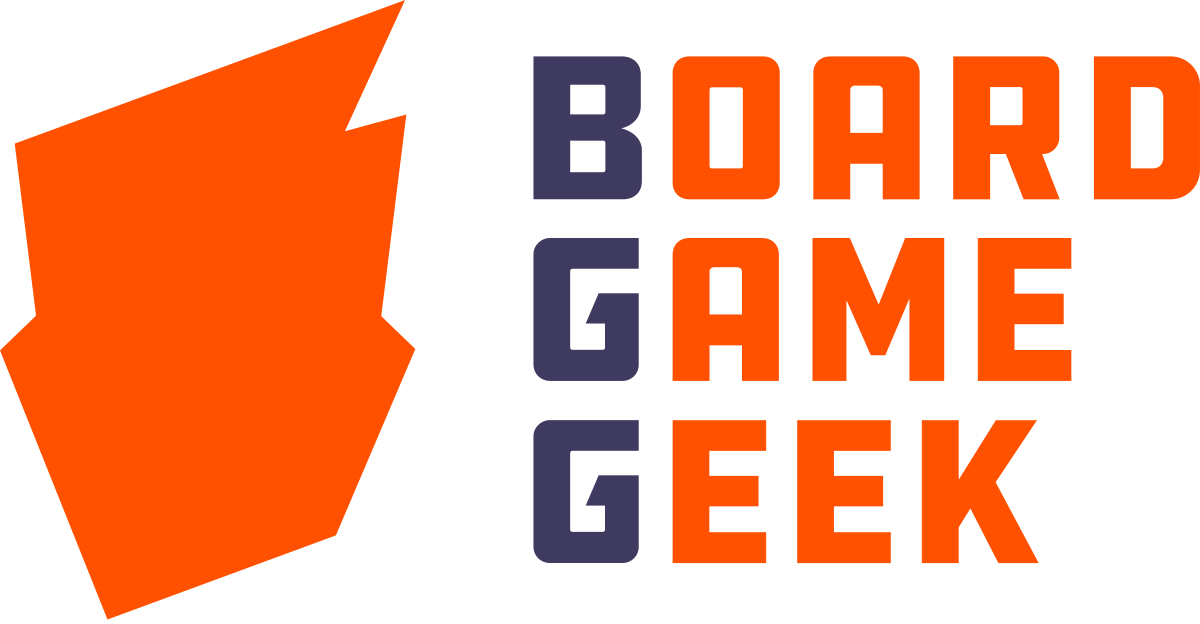




Because… it tells a story? 🙂
I was always bothered with long setup, mostly in epic games. Any game with distribution of components, seeding the board, and sorting out cards are prone to this. And I also have decided that it has a solution, although the solution itself takes time away from post-play. But I’d rather have a long take down and post-play than long setup. I just took away ideas from the best in custom insert designs. Make inserts and bag/box components that enable you to make it easy. Take Eclipse 2nd ed. Have a box that sorts and distributes the individual player components in one throw. Have other containers that let you seed your board faster. Sort cards and array them at the end of each game so you can just pull them out during the next setup.
It’s not foolproof. Sometimes games will still take forever to work with after this. And if it still bothers you or it still takes too long for you, maybe it’s not a game you want to play offline. Maybe you’re better off playing that on an app.
Great article! The rest of John’s concerns are clearly personal, and while not with this game particularly, I have played those really good games that end up a downer for me. I can’t play them anymore without being sad or frustrated, and I guess that’s ok. I guess it’s like not everyone can handle emergency healthcare, but there are many who are in that line of work that handles that stress very well. coz we’re different.